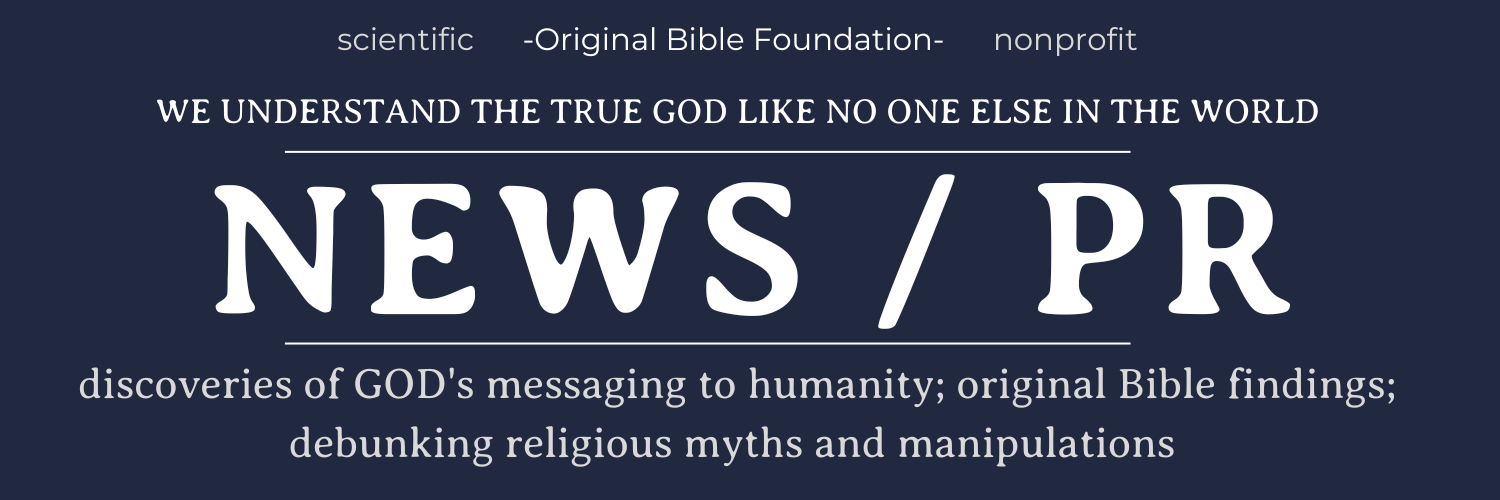Patent litigation is an essential part of the intellectual property landscape, as it allows patent holders to enforce their exclusive rights against infringers. Over the past year, several notable court decisions have emerged from high-stakes patent battles, and staying up-to-date on these developments is crucial for any patent attorney or business involved in patent law.
To help us better understand the latest court decisions in patent litigation, we spoke with Christopher Scott, a patent attorney based in Illinois. Here’s a recap of the most significant court decisions and their potential impact on the patent world.
Uniloc USA, Inc. v. Apple Inc.
In April 2021, the Federal Circuit Court of Appeals issued a decision in Uniloc USA, Inc. v. Apple Inc., which concerns the doctrine of divided infringement. The case centers on a patent for a system and method for authentication of devices using randomization. Uniloc argued that Apple’s use of certain features in its devices, such as Face ID and Touch ID, infringed on the patent.
“The court held that in cases of divided infringement, where multiple parties are involved in infringing on a patent, there must be a showing of direct control and supervision over the entire process,” Scott explained. “This decision clarifies the requirements for proving divided infringement and provides helpful guidance for future patent litigation.”
American Axle & Manufacturing, Inc. v. Neapco Holdings LLC
In March 2021, the Supreme Court issued a decision in American Axle & Manufacturing, Inc. v. Neapco Holdings LLC, which concerns patent eligibility under Section 101 of the Patent Act. The case centers on a patent for a method of manufacturing driveline propeller shafts for vehicles.
“The Court held that the claims were directed to a natural law or a physical phenomenon, and thus not eligible for patent protection,” Scott said. “This decision emphasizes the importance of properly drafting patent claims to ensure they meet the requirements of Section 101 and highlights the need for continued vigilance in assessing the patent eligibility of inventions.”
Centripetal Networks, Inc. v. Cisco Systems, Inc.
In December 2020, the Federal Circuit Court of Appeals issued a decision in Centripetal Networks, Inc. v. Cisco Systems, Inc., which concerns the doctrine of willful infringement. The case centers on a patent for a cybersecurity system that uses a combination of hardware and software to identify and prevent cyber threats.
“The court held that Cisco willfully infringed on Centripetal’s patent and upheld the damages award of $1.9 billion,” Scott explained. “This decision underscores the importance of taking steps to avoid willful infringement, including obtaining legal opinions on the validity of patents and conducting a thorough analysis of the patent landscape.”
Facebook, Inc. v. Windy City Innovations, LLC
In August 2021, the Federal Circuit Court of Appeals issued a decision in Facebook, Inc. v. Windy City Innovations, LLC, which concerns the doctrine of assignor estoppel. The case centers on a patent for a method of displaying online content.
“The court held that assignor estoppel did not apply in this case, and that Facebook was not precluded from challenging the validity of Windy City’s patent,” Scott said. “This decision provides helpful guidance on the scope of assignor estoppel and highlights the importance of carefully reviewing employment agreements and other contractual obligations related to the assignment of patent rights.”
Arthrex, Inc. v. Smith & Nephew, Inc.
In June 2021, the Supreme Court issued a decision in Arthrex, Inc. v. Smith & Nephew, Inc., which concerns the appointment of administrative patent judges. The case centers on the constitutionality of the Patent Trial and Appeal Board (PTAB), which is responsible for conducting inter partes reviews of patents. Arthrex argued that the PTAB judges were appointed in violation of the Appointments Clause of the U.S. Constitution, as they were not appointed by the President with the advice and consent of the Senate.
“The Court held that the appointment of PTAB judges was unconstitutional, as they were not appointed in accordance with the Appointments Clause,” Scott said. “This decision has significant implications for patent litigation, as it calls into question the validity of any decision made by the PTAB prior to this decision.”
Scott emphasized that staying up-to-date on the latest court decisions in patent litigation is essential for patent attorneys and businesses involved in patent law.
“Patent litigation is constantly evolving, and staying informed about the latest court decisions can help attorneys and businesses make informed decisions and stay ahead of the competition,” he said. “By understanding the latest trends and developments, patent attorneys can provide more effective legal services to their clients and help them navigate the ever-changing patent landscape.”
Attorney Christopher Scott indicated that the latest court decisions in patent litigation have far-reaching implications for patent attorneys and businesses involved in patent law. By staying up-to-date on these developments, attorneys and businesses can better protect their intellectual property rights and make informed decisions in patent litigation.

